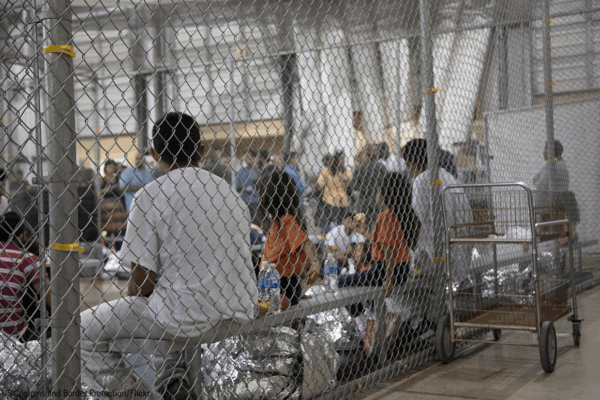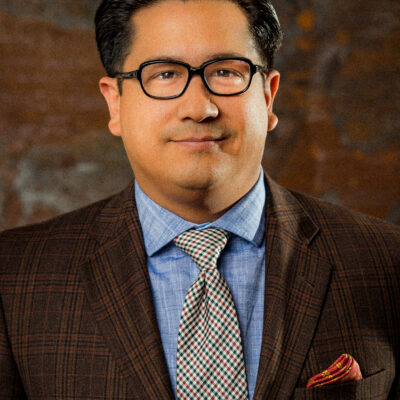On Tuesday, in response to the ACLU’s lawsuit challenging family separation, a federal court ordered the reunification of thousands of families torn apart by the Trump administration. The decision was a rare victory for civil rights, immigrants’ rights, and common human decency in the age of Trump.
But while the court’s injunction reunites families, it does not prevent the administration from imprisoning parents and their children together in high-security detention facilities indistinguishable from military prisons, and does not undo the severe harm that these families endured while apart. And this is fully what we expect the Trump administration to do: to replace family separation with indefinite family detention, to inflict cruel, dehumanizing, and inexcusable treatment on parents and children in an illegal attempt to deter others from seeking asylum in this country.
In the past few weeks, we have gained access to detention facilities where we were able to interview a handful of migrant parents. Through gritted teeth and unrestrained tears, they struggled to share the stories of the traumatic events surrounding their separation from their children.
As civil rights attorneys, who are also parents and uncles, these interviews left us fighting back tears of our own. One woman, for example, related her brutal interrogation by two border patrol agents at the processing center who lied to her that if she claimed asylum, she would be sent to jail while her 12 year-old daughter would be given up for adoption, never to see her mother again. The agents told her these lies in front of her daughter, who screamed and cried and begged her mother to do as they asked and not claim asylum. Eventually, believing the agent’s false threats, the mother succumbed and signed some papers in English that she couldn’t understand, and with no explanation and through uncontrollable tears, was separated from her daughter anyway. Only later did she have the courage to defy the agents and tell a staff psychologist at the detention center of her fear of persecution back home.
As civil rights attorneys, who are also parents and uncles, these interviews left us fighting back tears of our own.
Other parents described similar scenes. Another detainee—a father who had fled after gang members in his home country threatened his 13-year-old son with death if he didn’t join them—described, with tears streaming down his face, the moment he had asked his boy to stay calm and strong. “Papa, don’t worry about me. I’m a big boy,” the son replied, before being taken away. The father said that the lawlessness and the permanent state of fear in which his family lived in their home country was terrible, but did not compare to the agony he felt not knowing if he would ever see his boy again.
One of the facilities we visited resembled a militarized prison camp: grim, dark-gray buildings set in the middle of barren grasslands, and surrounded by razor wire and electrified fences. The staff at this facility—even the receptionists—wear khaki, military-style fatigues and combat boots, reminiscent of Gulf War attire. Many were noticeably carrying guns.
The militarism of the detention center was mirrored in the attitudes and practices of the guards. The parents we spoke to told us that they were afraid to ask anything of them, for fear that they would be yelled at, threatened, and berated again. What kind of country have we become, to bring all the power and the wrath of the federal government to terrorize mothers and fathers seeking safety for their children?
To make detention a hell worse than the home these desperate migrants have fled…is this how we hope to dissuade?
What kind of country have we become, to bring all the power and the wrath of the federal government to terrorize mothers and fathers seeking safety for their children?
We must and will continue to fight for the rights and the humanity of the most vulnerable amongst us. Reasonable people can differ on what constitutes a just and workable immigration policy. But no one willing to rip a child from her mother’s or father’s arms is reasonable. The only option is to mobilize and resist.
If you’re not sure how you can help, call your Senator. March. Volunteer. And if you can, donate, if not to the ACLU, to any number of the organizations working to end the Trump administration’s willful infliction of psychological torture on parents and children.



